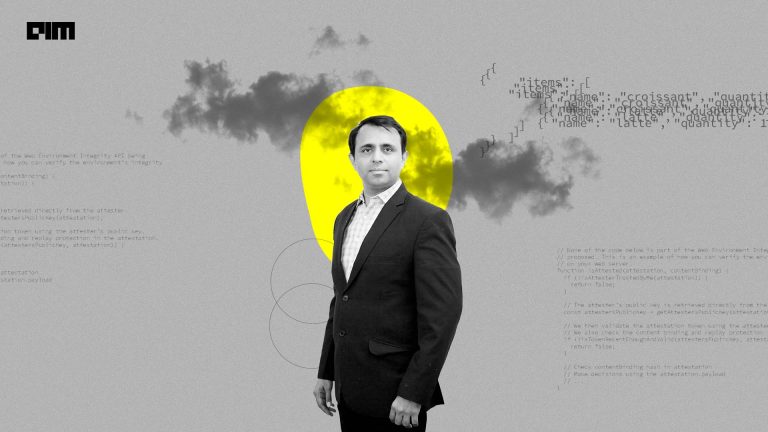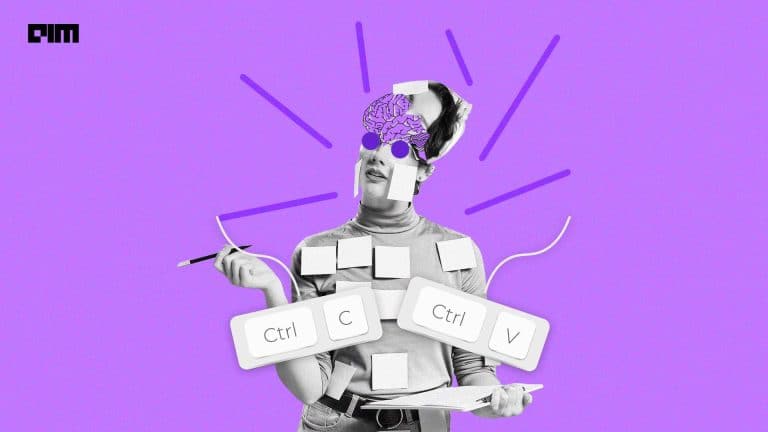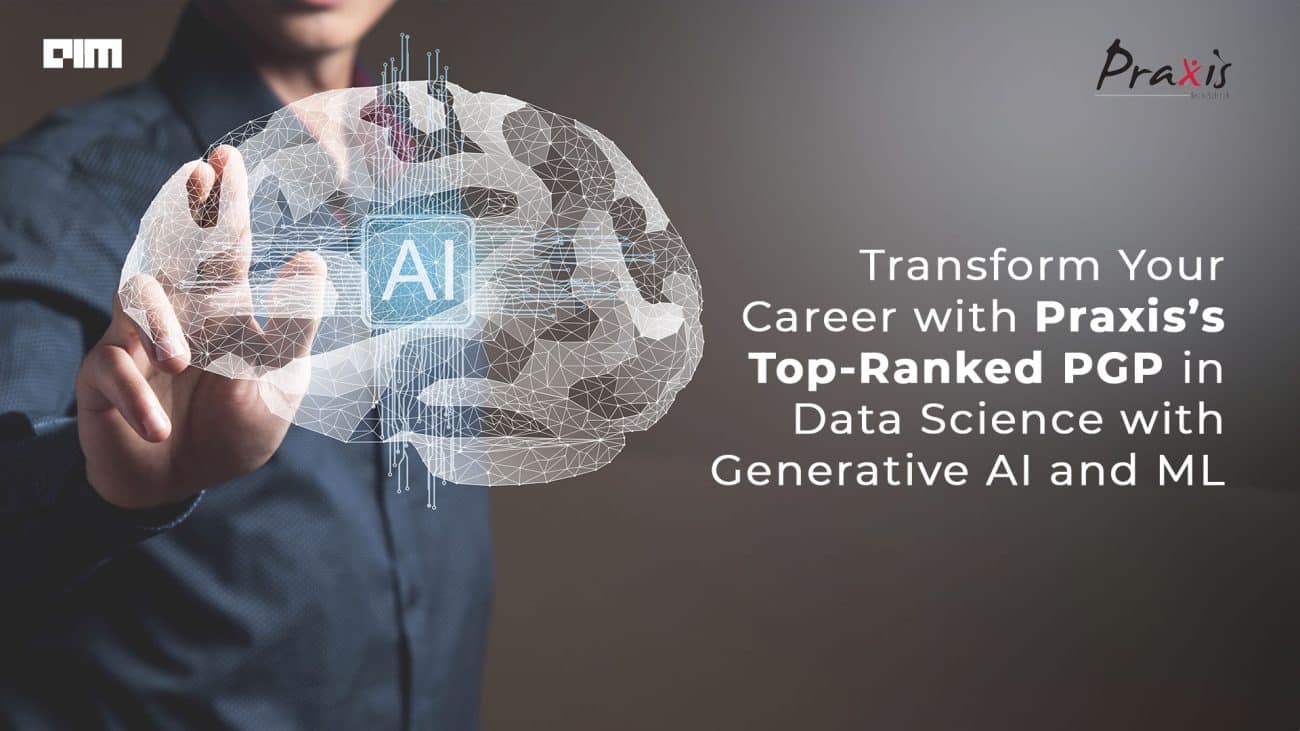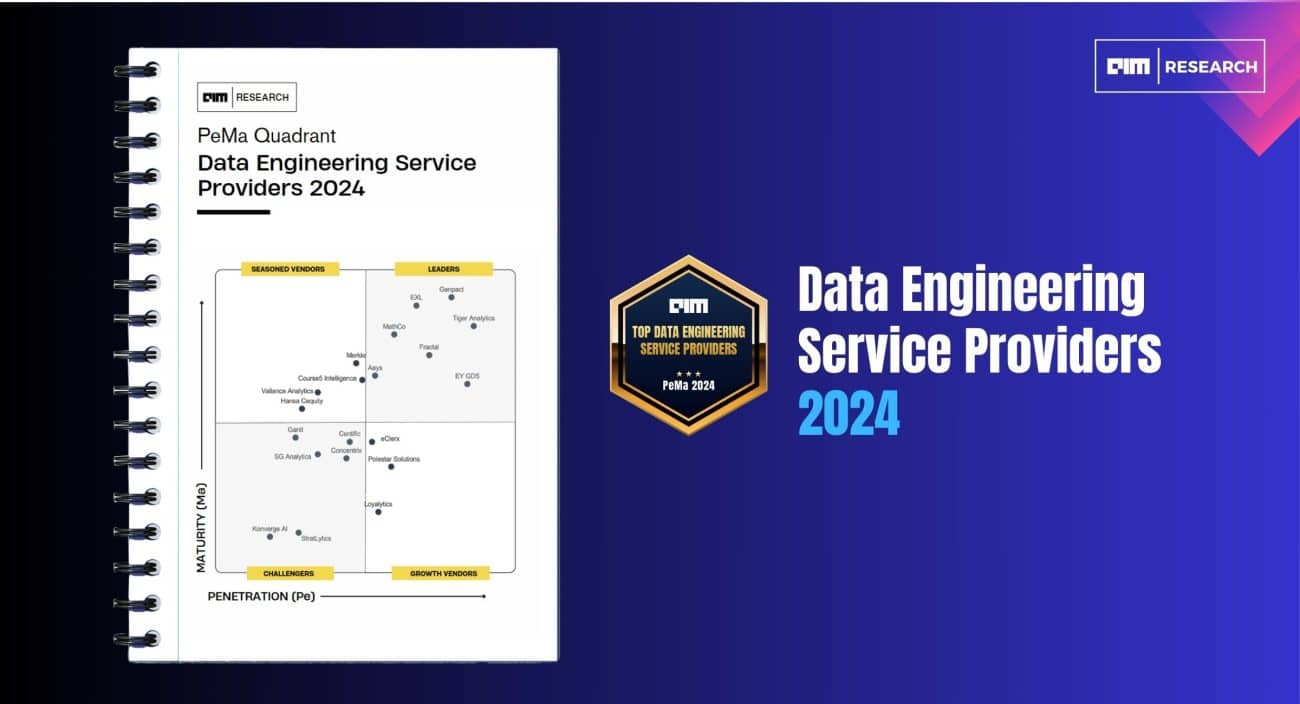|
Listen to this story
|
Salesforce has announced the launch of AI Cloud, a suite of products built for CRM in enterprises where they can boost their productivity through all the Salesforce AI applications.
Set to launch this year, the AI Cloud platform offers hosting and delivery services for various AI models, particularly those focussed on generating text. It collaborates with multiple partners such as Amazon Web Services, Anthropic, Cohere, and OpenAI, utilising Salesforce’s cloud infrastructure.
Marc Benioff, co-founder and CEO of Salesforce, said, “Generative AI may be the most important technology of any lifetime,” during the announcement in New York City.
In addition to the partner models, customers can access first-party models developed by Salesforce’s AI research division, which enable features like code generation and business process automation. Alternatively, customers have the option to bring their own custom-trained model to the platform while keeping their data stored on their own infrastructure.
All the AI models
Salesforce’s flagship products, including Data Cloud, Tableau, Flow, and MuleSoft, benefit from the advanced capabilities provided by the AI models built within AI Cloud. These models include Sales GPT, Service GPT, Marketing GPT, Commerce GPT, Slack GPT, Tableau GPT, Flow GPT, and Apex GPT, making a total of nine models.
However, one notable omission in AI Cloud is an image-generation model similar to DALL-E 2 and Stable Diffusion. Salesforce is actively working on developing such a model. They aim to overcome various barriers, including copyright and toxicity concerns, before releasing it to the public.
Sales GPT enables the quick creation of personalised emails, while Service GPT assists in generating service briefings, case summaries, and work orders based on case data and customer history. Marketing GPT and Commerce GPT generate audience segments for targeted marketing and tailor product descriptions to individual buyers using their customer data, providing recommendations on increasing average order value.
The remaining models, Slack GPT, Tableau GPT, Flow GPT, and Apex GPT, have more specialised applications. Slack GPT and Flow GPT allow users to build no-code workflows that incorporate AI actions within Slack or Flow. Tableau GPT generates visualisations based on natural language queries and reveals data insights. Apex GPT scans for code vulnerabilities and suggests inline code for Salesforce’s proprietary programming language, Apex.
Currently, several models are already operational, such as Slack GPT, Commerce GPT, Sales GPT, and Service GPT. The rest, excluding Flow GPT, which will be available in October, are scheduled to be launched as early as this month.
This is a very similar move to Amazon launching Bedrock, which provides a family of models trained by AWS in-house, along with pre-trained models for startup partners.
Recently, Salesforce also partnered with Google Cloud to expand strategic partnership for helping businesses utilise AI and data for delivering more personalised experiences for their customers.
Einstein GPT Trust Layer
Similar to NeMo Guardrails, for ensuring the privacy and security of these models, Salesforce is making an attempt to ensure the moderation of the content by retaining the privacy of user’s sensitive data. AI Cloud includes a brand new Einstein Trust Layer, which makes it open, extensible, while providing privacy and security.
This will allow customers to use third-party LLMs, Bring Your Own Model (BYOM) on the Salesforce platform. The Einstein GPT Trust Layer will be available from this month generally.
Moreover, to distinguish AI Cloud from other managed AI service providers, Salesforce is introducing a range of prompt “templates” and tools for building prompt templates. These templates, according to Salesforce, utilise “optimised” AI prompts that leverage “harmonised” data to ensure that the generated content aligns with a company’s specific requirements. By grounding the model-generated outputs in context, these prompts significantly enhance the quality and relevance of the generated content.





































